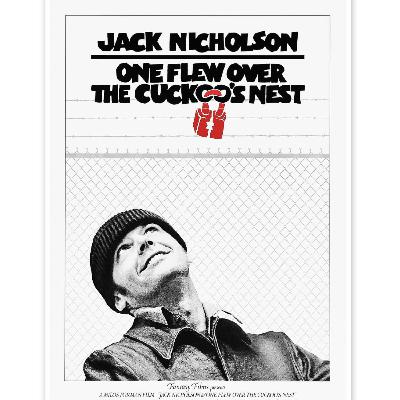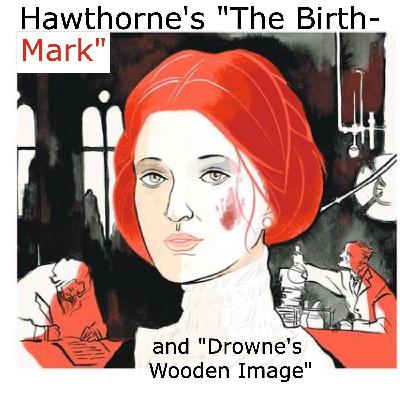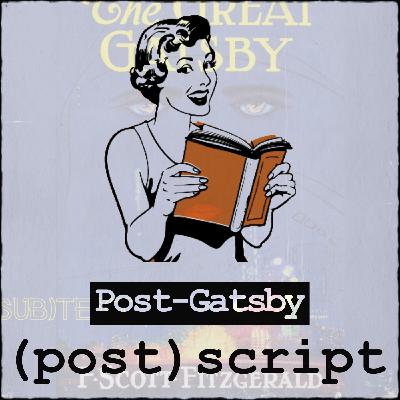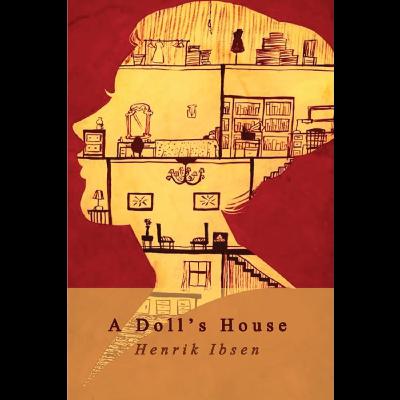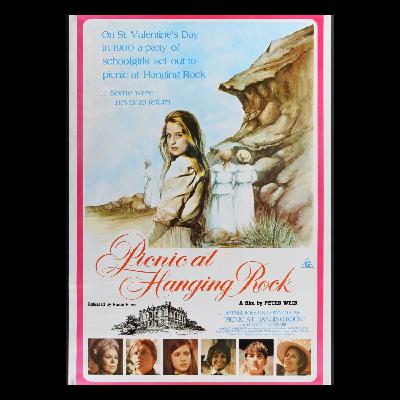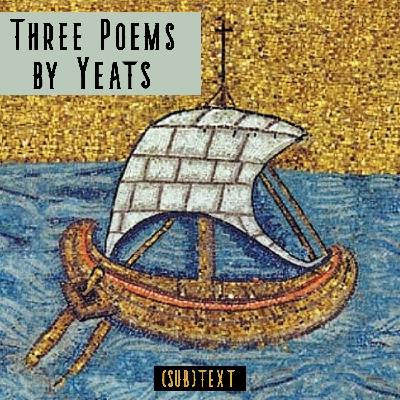Freedom and Authority in Ibsen’s “An Enemy of the People”
Description
<figure class="alignright size-medium">
 </figure>
</figure>In Ibsen’s “An Enemy of the People,” two conceptions of communal health do battle. Dr. Stockmann’s is progressive, focused as it is on the vitality of the young, their new ideas, and the possibility of growth into a better future, even if that means encroaching on the powers that be. His brother’s is conservative, focused on the use of authority and ascetic self-restraint to preserve existing achievements and ideas. But once in conflict, these conceptions seem to reveal themselves to be competing forms of elitism, and expressions of contempt respectively for both past and future. Wes & Erin discuss whether there is a more nuanced conception of the common good available to us, and how it might be related to the sudden turn at the end of the play to the the role of education.
Upcoming Episodes: “There Will Be Blood,” “Julius Caesar,” “One Flew Over the Cuckoo’s Nest.”
Pre-order Erin’s forthcoming book “Avail” here: http://subtextpodcast.com/avail
For bonus content, become a paid subscriber at Patreon or directly on the Apple Podcasts app. Patreon subscribers also get early access to ad-free regular episodes.
This podcast is part of the Airwave Media podcast network. Visit AirwaveMedia.com to listen and subscribe to other Airwave shows like Good Job, Brain and Big Picture Science.
Email advertising@airwavemedia.com to enquire about advertising on the podcast.



